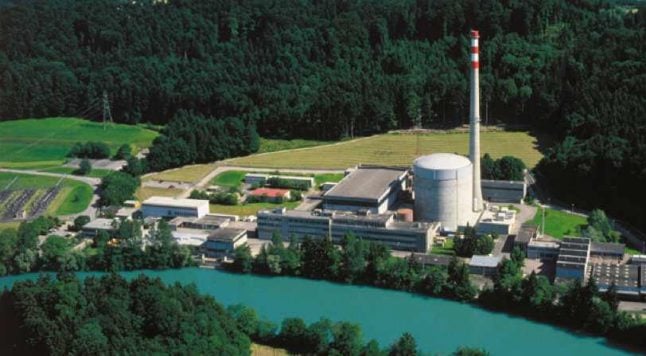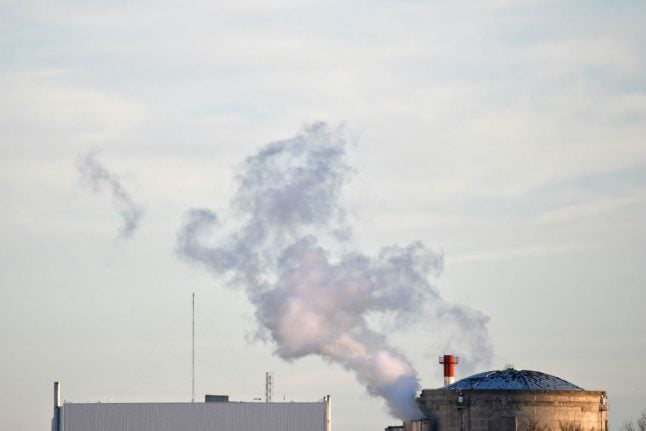The Federal Tribunal voided a 2012 decision by Switzerland's administrative court, which had said Mühleberg's operating authorisation should end on June 28th owing to technical deficiencies.
"When it comes to nuclear power, federal legislation does not impose a requirement for zero risk," one of the court's five judges, Hans Georg Seiler, was quoted as saying by Swiss news agency ATS.
Seiler said it was up to Switzerland's nuclear safety inspection body, not the courts, to tackle problems ranging from cracks in the reactor shell, the risk of earthquakes or insufficient cooling facilities.
In March 2012, the administrative court had cited such problems as justifications for the June 2013 deadline.
Mühleberg, which came online in 1972, is 17 kilometres (11 miles) west of the Swiss capital Bern.
It is run by the state-controlled power utility group BKW FMB Energie AG, which turned to the supreme court.
Switzerland's five reactors will still have to shut down in the medium term, however.
In the wake of the 2011 Fukushima disaster in Japan, the Swiss parliament approved a phase-out for the country's atomic power plants by 2034.
Since Fukushima, Mühleberg has been the scene of frequent anti-nuclear protests demanding its immediate shutdown.
Protesters have also spotlighted a plant at Beznau, on Switzerland's northern border with Germany, which opened in 1969 and became the world's oldest nuclear plant after the 2012 closure of Britain's Oldsbury reactor.
NUCLEAR POWER
Aging Swiss nuclear plant wins legal reprieve
The Swiss supreme court on Thursday ruled that the country's Mühleberg nuclear power plant can continue operating beyond the end of June, overturning a cut-off date for decommissioning.
Published: 28 March 2013 18:54 CET

Mühleberg nuclear plant. Photo: BKW FMB Energie AG
Url copied to clipboard!


 Please whitelist us to continue reading.
Please whitelist us to continue reading.
Member comments